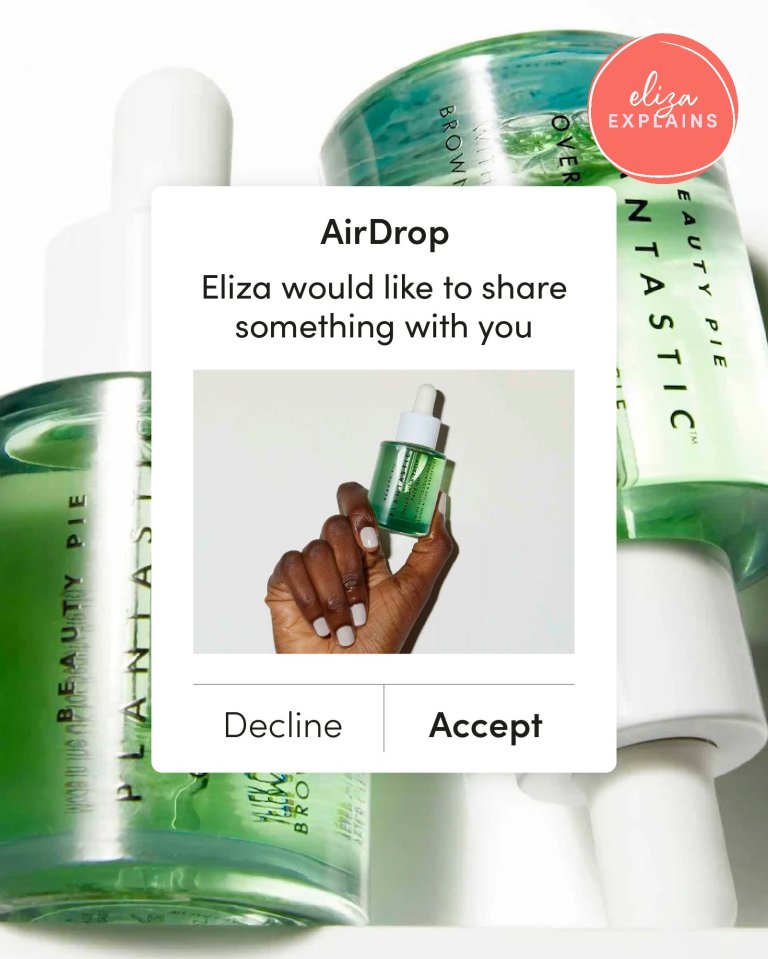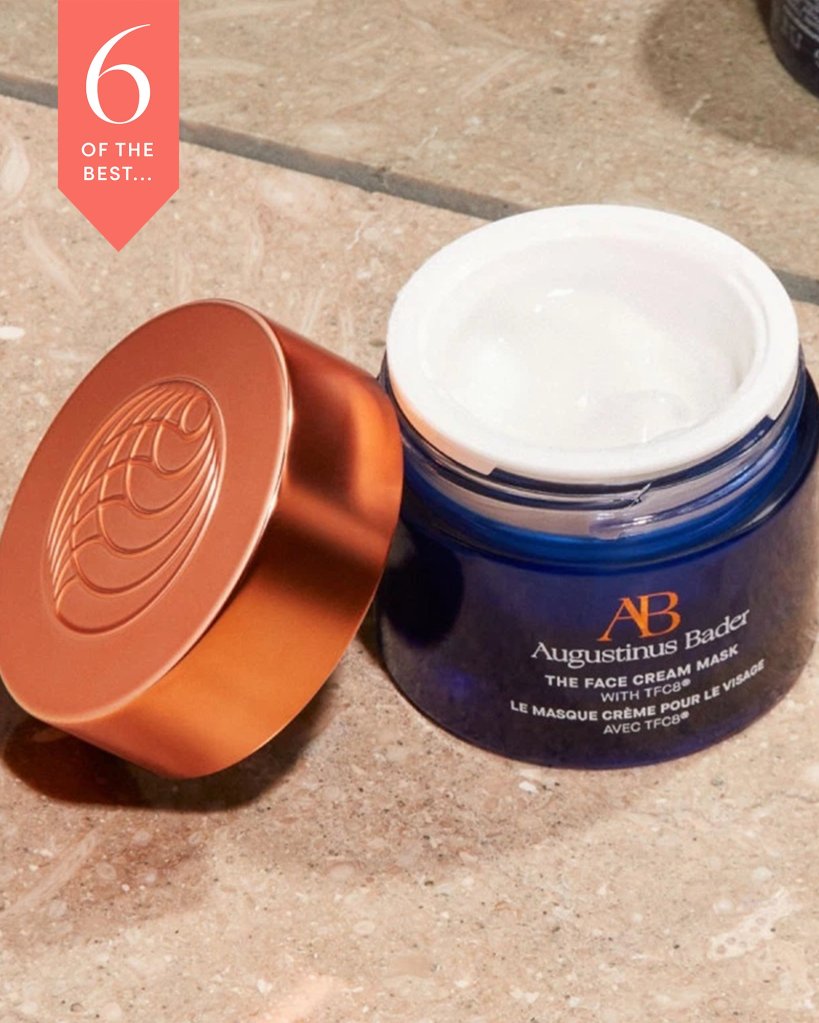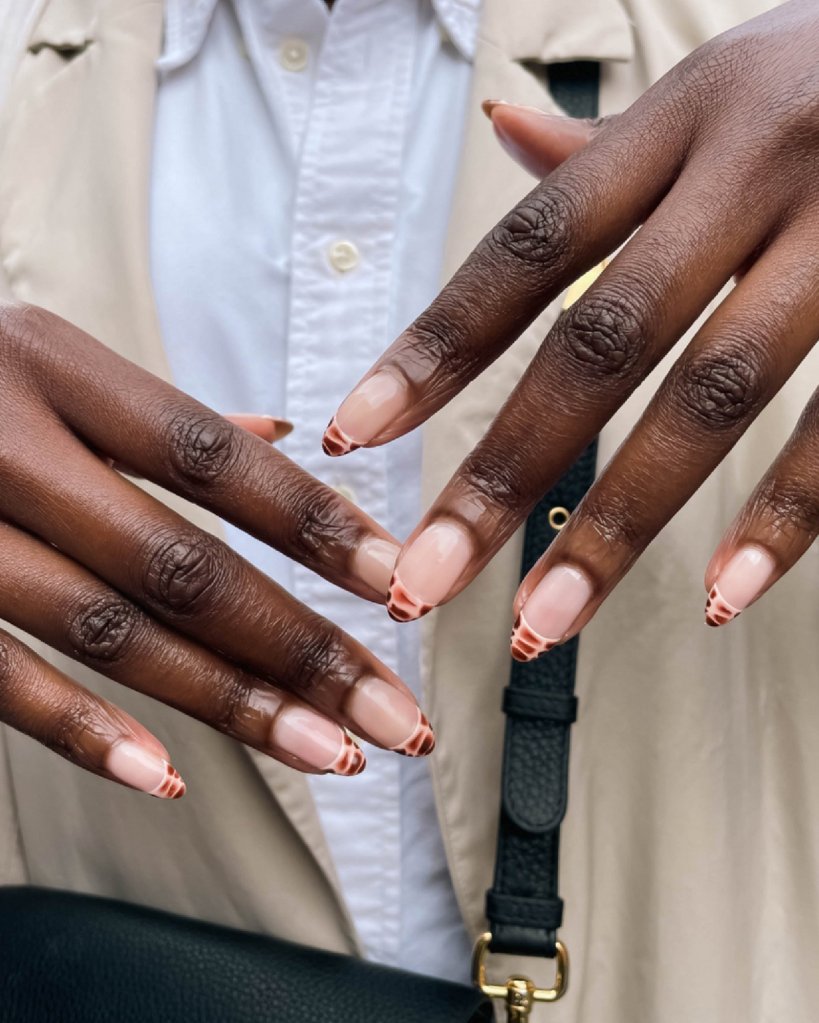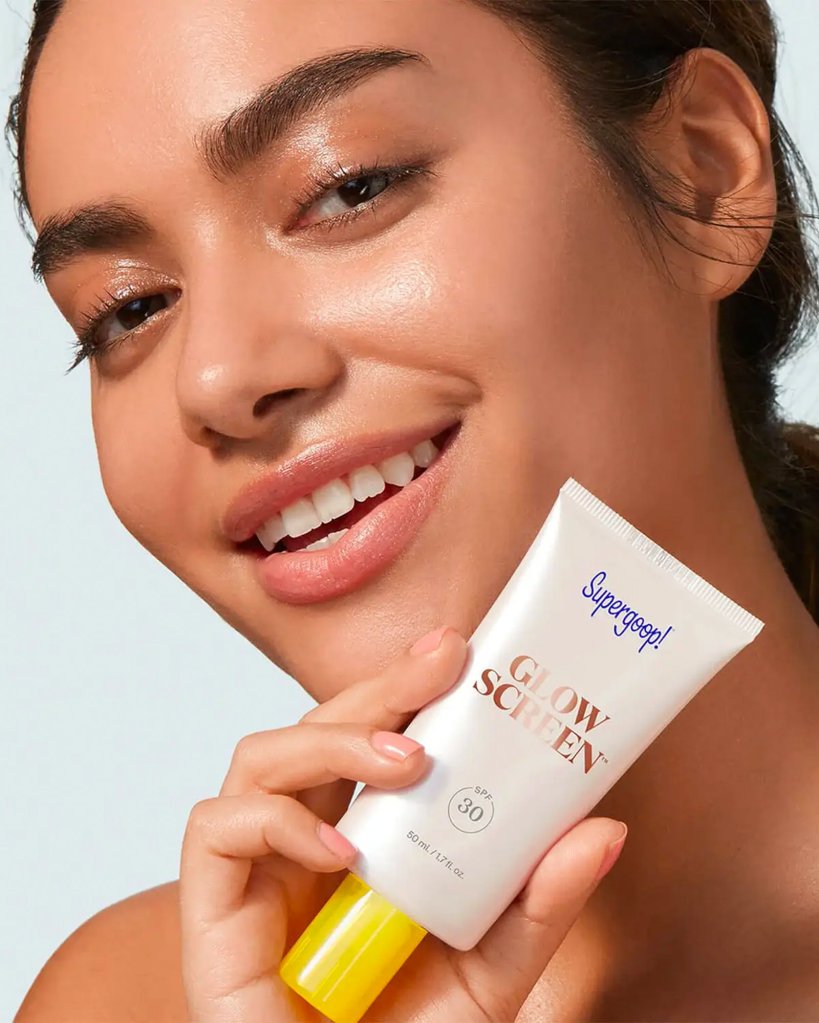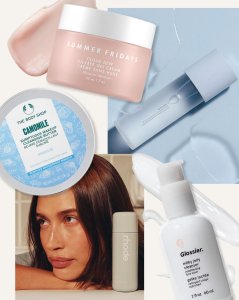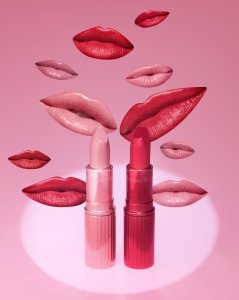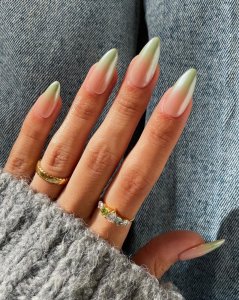If there’s one skincare ingredient that’s been dubbed the holy grail above all others in the skincare world, it’s retinol.
And it’s no wonder why, when you take into account its long list of impressive credentials. A derivative of vitamin A, retinol is known for its ability to fight fine lines, promote skin elasticity, reduce pigmentation, prevent acne and give skin a healthy-looking glow.
While it might sound like skincare witchcraft, retinol’s promises are legit. Acids such as AHA’s will exfoliate the surface of the skin, but the majority of retinols hard graft goes deeper as it gets to work neutralising free radicals, improving levels of collagen and elastin, as well as speeding up our skin cell turnover. The result? A plumper, fresher looking complexion.
One thing’s for sure, it’s definitely not a work-shy wonder ingredient.
But with these benefits comes a darker side which anyone who’s put retinol to the test (myself included) has most likely fallen victim to.
If you’ve ever made the mistake of slathering on too high-a-potency too often, you’ll most likely have been left with skin that’s sensitive and red, and in severe situations you may have experienced dry, flaky patches known as retinol burns.
Why use a retinol alternative?
Considering these unwanted skin issues, it’s no wonder the beauty world made it their mission to find an ingredient that offered all the benefits without the bad side: enter the retinol alternatives.
You’ve probably heard of these ingredients, which promise to give you your best skin ever without the stress, making them ideal for sensitive skin sufferers.
But aside from being dubbed a retinol alternative, how much do we actually know about these ingredients?
Well, I’ve got the details on the most common retinol alternatives, so you know what’s going into them and what’s happening to your skin when you spritz, swipe and slather.
Retinol alternative 1: bakuchiol
What is bakuchiol?
Pronounced bac-koo-heel, Bakuchiol is a plant-based retinol alternative commonly found in Chinese and Indian medicine.
A powerful antioxidant, while it isn’t structurally similar to retinol, it behaves in a very similar way on the skin, stimulating collagen production to smooth fine lines and reduce hyperpigmentation.
How to use bakuchiol
As bakuchiol is gentle on the skin, there’s no need to spend time overthinking your application. It can be used morning and evening, and combined with other skincare ingredients.
Just avoid pairing it with heavy acid exfoliators to avoid over-stimulating the skin.
The best bakuchiol products
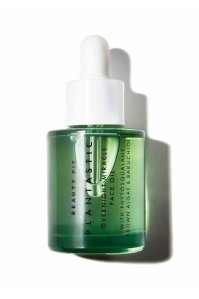
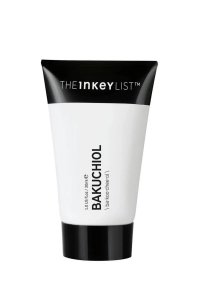
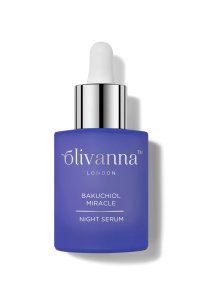
*Eliza may earn commission on sales from these product links
Retinol alternative 2: alfalfa extract
What is alfalfa extract?
If you haven’t heard of alfalfa before don’t worry, this under-the-radar retinol alternative may not have the name-sake reputation of other ingredients, but it definitely delivers.
The herb was even Kim Kardashian’s retinol alternative of choice in her SKKN Face Cream, which our beauty editor Rebecca rates.
Alfalfa is a plant-based extract packed with antioxidants and skin-loving nutrients. When used regularly, it will stave off signs of ageing, as well as hydrating the skin.
How to use alfalfa extract
Much like bakuchiol, alfalfa extract is suitable for sensitive skin. Even better, it’s actually known to help ease irritation as well as fight against environmental stressors like pollution.
Apply morning and evening as either a serum or moisturiser to reap the benefits.
The best Alfalfa products
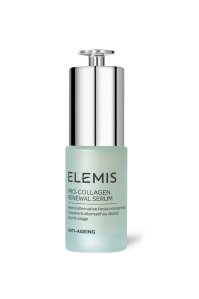
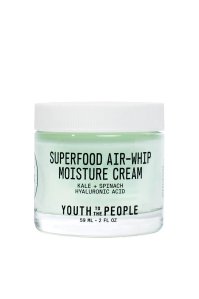
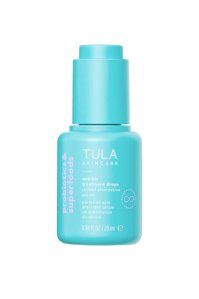
*Eliza may earn commission on sales from these product links
Retinol alternative 3: rosehip oil
What is rosehip oil?
Rosehip oil is a fatty acid that’s once again packed full of antioxidants. Unlike the other retinol alternatives which behave in a similar way to retinol on the skin, rosehip oil actually contains a small concentration of retinoic acid, the by-product of vitamin A production.
Applying rosehip oil has anti-ageing benefits, as well as reducing scarring and pigmentation.
How to use rosehip oil
While rosehip oil is a light oil, meaning it’ll sink into the skin quickly, it is still greasier than applying a traditional serum or face cream.
Keeping this in mind, I’d suggest applying it either first thing in the morning and allowing plenty of time for it to sink into the skin or before bed to wake up with super a hydrated complexion.
The best rosehip oil products
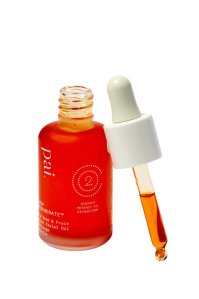
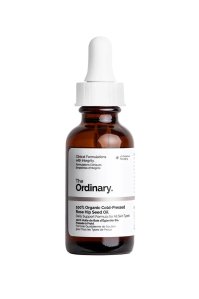
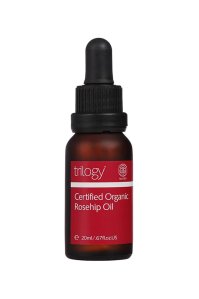
*Eliza may earn commission on sales from these product links
Retinol alternative 4: edelweiss
What is edelweiss?
The newbie on the retinol alternative block, you’ll probably have heard of edelweiss from singing along to The Sound of Music.
When it comes to skincare, edelweiss is extracted from the namesake flower found in the Alps, and helps repair the skin barrier to reveal smooth, healthy-looking skin.
How to use edelweiss
Edelweiss skincare comes in many forms, from cleansers to exfoliating peels.
For an easy addition to your skincare routine, try an edelweiss cleanser, or for a more targeted treatment a liquid peel will deeply exfoliate without stripping the skin.
The best edelweiss products
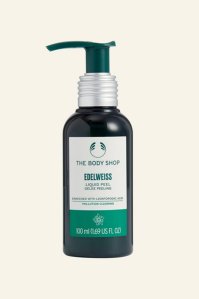
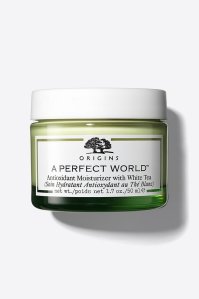
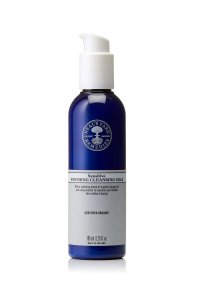
*Eliza may earn commission on sales from these product links
